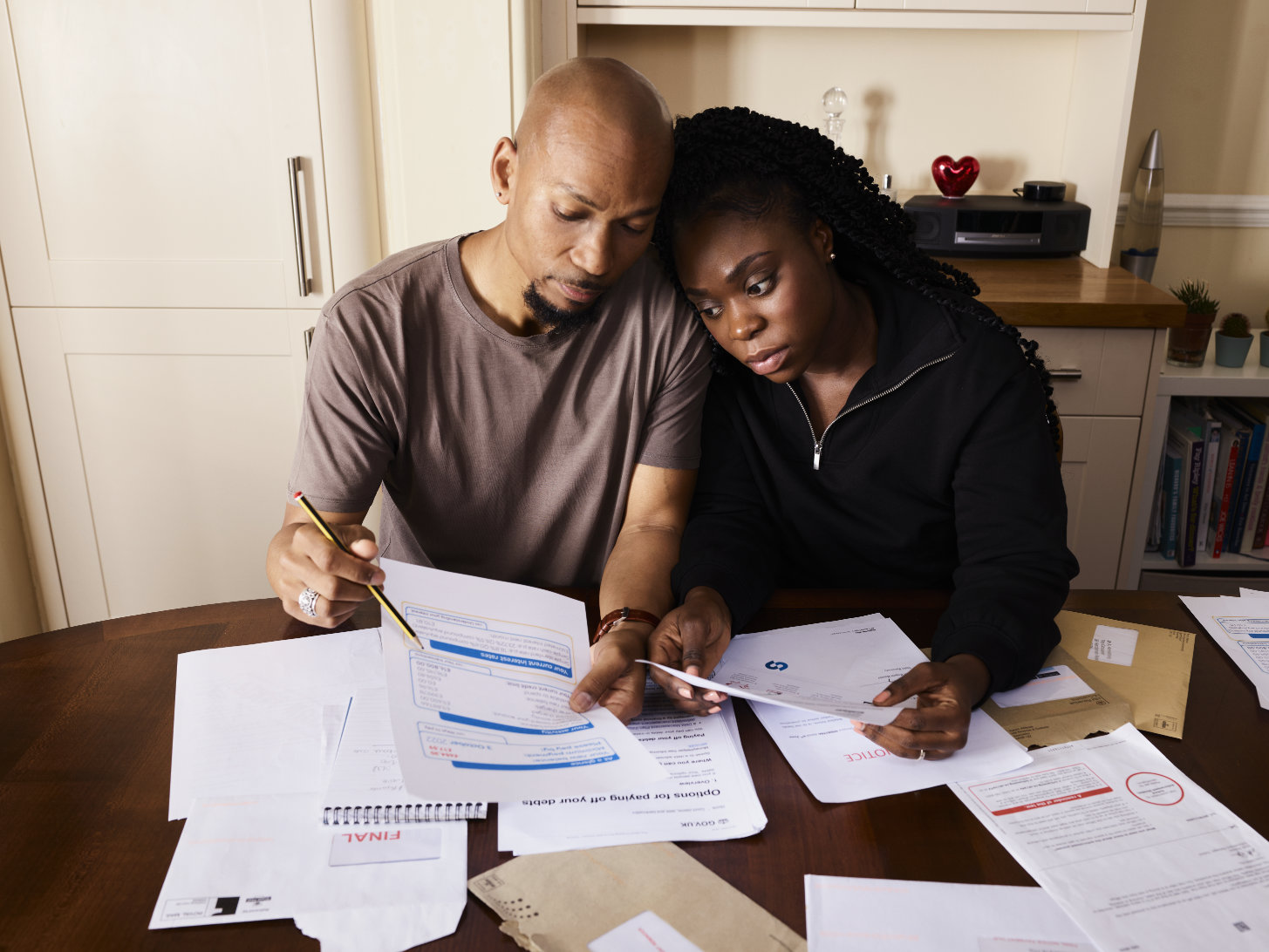With all of the ongoing financial turmoil, what should you be doing about your pension? We ask the experts for advice on saving when you're young, and in later years.
When there is barely enough money at the end of the month, putting cash away for your old age does not always make the list of priorities.
Figures from the Pensions Management Institute (see links at bottom of page) show that more than 1-in-10 of us has already reduced pension contributions, while a further fifth are considering doing so, because immediate financial pressures are taking priority.
Financial wellbeing and retirement specialist Jonathan Watts-Lay, from Wealth at Work, calls the findings “alarming”.
“It’s vitally important for members to understand that opting out of their pension will have a huge impact in the long term,” he says. “They need to understand that reducing contributions now would make relatively small savings each month but the impact on their retirement savings to be used in later life will be dramatic.”
Do I really need to save now?
Saving into a pension, even when times are tough, allows you to benefit from contributions given by your employer, as well as tax breaks given by the government.
Cost of living: How to keep your spending under control
Christmas may be long gone, but the bills keep flooding in and prices continue to rise. It might be time to put yourself on a financial detox and tighten that belt.
Rachel Harris, at Reading-based accountants Strivex, explains that employers must pay into their employees’ pensions – but only if the employees are contributing, too.
“You pay some of your wages into the pension scheme each month and your employer adds more. That’s extra money, pound for pound, that you wouldn’t get if you weren’t enrolled into the pension,” she says.
The government then adds back the 20% basic rate tax paid on your pension contribution, so the pot grows even faster. What is more, if you pay higher or additional rate tax, you can claim back the extra tax paid on your pension contributions when you fill in your tax return.
Ms Harris gives the following example to demonstrate the power of pension saving.
“James earns around £16,000 a year. He pays £40 a month into his pension savings. His employer puts in another £24. And on top of that, he gets £8 in tax relief from the government. So, £72 a month goes into his pension, but he’s only paying £40.”
The power of the early bird
Even if retirement seems a long way away, it is important to start saving early so that you benefit from the power of compounding over time.
Cost of living: How to build your financial resilience in 2023
From ensuring your loved ones are protected from sudden shocks with insurance, to earning interest on both savings and current account balances, we ask the experts how best to prepare for a financially volatile year.
Einstein allegedly called compounding the “eighth wonder of the world”, but anybody who has ever rolled a snowball down a hill and watched how it grows can understand the concept. The ball starts small, but as snow gets added it grows faster and faster because the snow that has already been collected adds more snow onto itself. Small actions lead to large gains in the long run.
Putting small amounts into your pension at the beginning of your working life gives them time to grow, particularly when you consider your employer’s contributions and the government’s tax relief as well.
Pension savings at different stages
Even during the current squeeze, the importance of saving early means that even those of us in our 20s should be making pension contributions for the future.
Some people suggest saving half of your age as a percentage of your salary into your pension, so 10% in your 20s, or 15% in your 30s, et cetera. Everyone’s finances are different, of course, and not everyone will be able to afford to put that much away.
Ms Harris, at Strivex, suggests that you start seeing a financial adviser in your 20s, to help you to make plans. It may seem early, but will pay off over time, she believes.
Cost of living: How to tame the mortgage beast
As the Bank of England raises interest rates again to 4% - the highest level for more than a decade - we offer some tips for making your monthly mortgage payments a little more manageable.
“Use this time to start investing. Get a pension, open an ISA, speak to a financial advisor about your appropriate risk profile,” she says.
She adds that the way that the money is invested in your pension should change as you get older, too, as the risk you take with your cash needs to decline as you get closer to needing the money.
“The asset allocation strategy you use in your 20s and 30s won’t work when you’re close to (or in) retirement.”
Your workplace pension is likely to change this automatically – but if you are saving into a private pension you may need to speak to an expert.
What if I can’t afford contributions?
It is easy to say that pension contributions must be prioritised during the cost-of-living crisis. But it’s trickier to do this if there is no money in the bank.
One way to help with this is to ask if your employer can make your pension contributions through salary sacrifice – this can increase your take home pay, as you then don’t pay national insurance on your portion and neither does your employer.
Former pensions minister Baroness Ros Altmann says that those who are thinking of cutting pension contributions should understand that the saving they are making is tiny compared to the consequences of cutting the contribution.
Cost of living: How Vodafone can support you in 2023
From low-cost broadband and mobile plans, to getting the most out of your current package, here’s how you can make the most of being with Vodafone.
“They will lose out on the free money from their employer and from the taxman, which would be added to their pension fund automatically, but is never properly explained or highlighted by their pension provider,” she says.
“Of course, if they would otherwise lose their home, be unable to afford basic bills, or have maxed out all their credit cards… they may be tempted to save some monthly outgoings by cutting pension contributions.
“However, this should be an absolute last resort, because they may find help from debt management services or state benefits instead.”
If you are tempted to cut your pension contributions due to the cost-of-living crisis, it may be worth speaking to financial experts at the Citizens Advice Bureau or charity Turn2us, to check you are getting all of the help necessary before resorting to making this cut.
Useful links
Pensions Management Institute
Wealth at Work
Strivex
Citizens Advice Bureau
Turn2us
Stay up-to-date with the latest news from Vodafone by following us on Twitter and signing up for News Centre website notifications.










